Related Articles
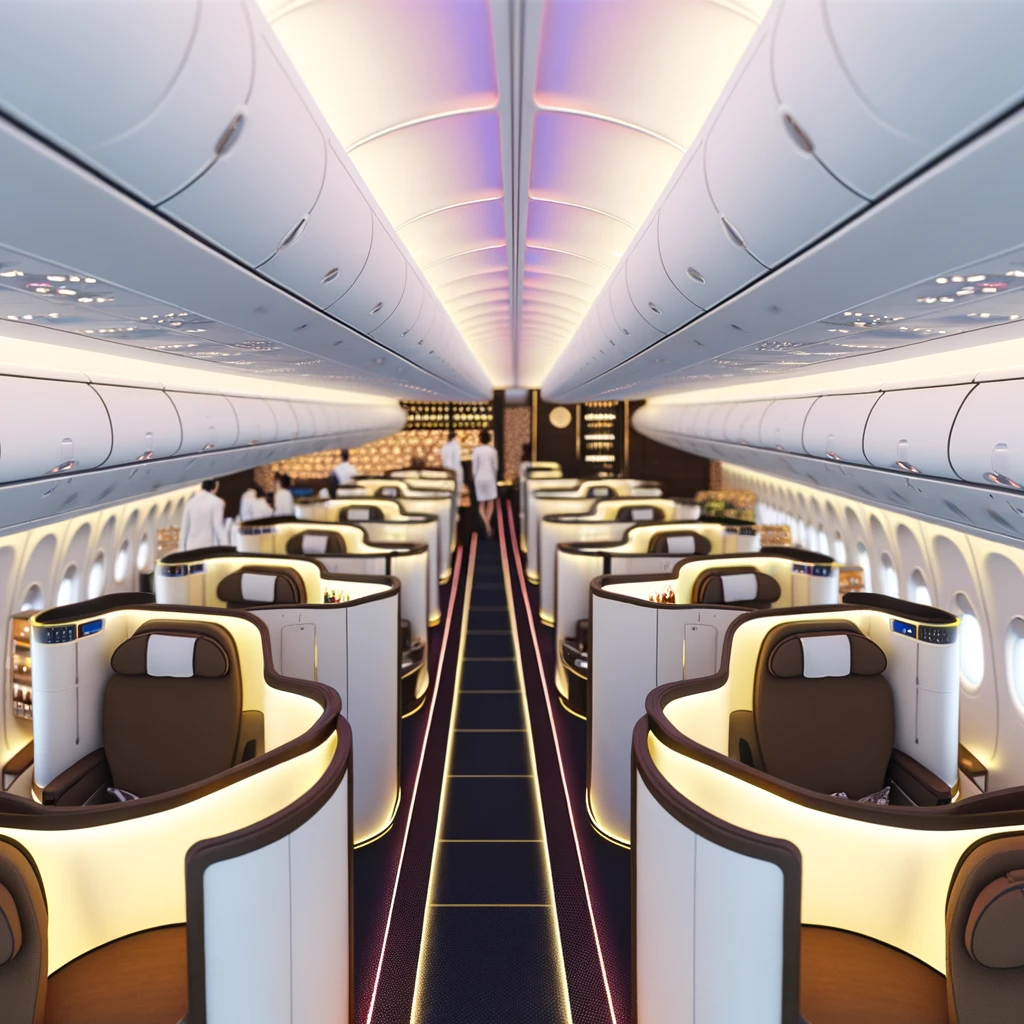

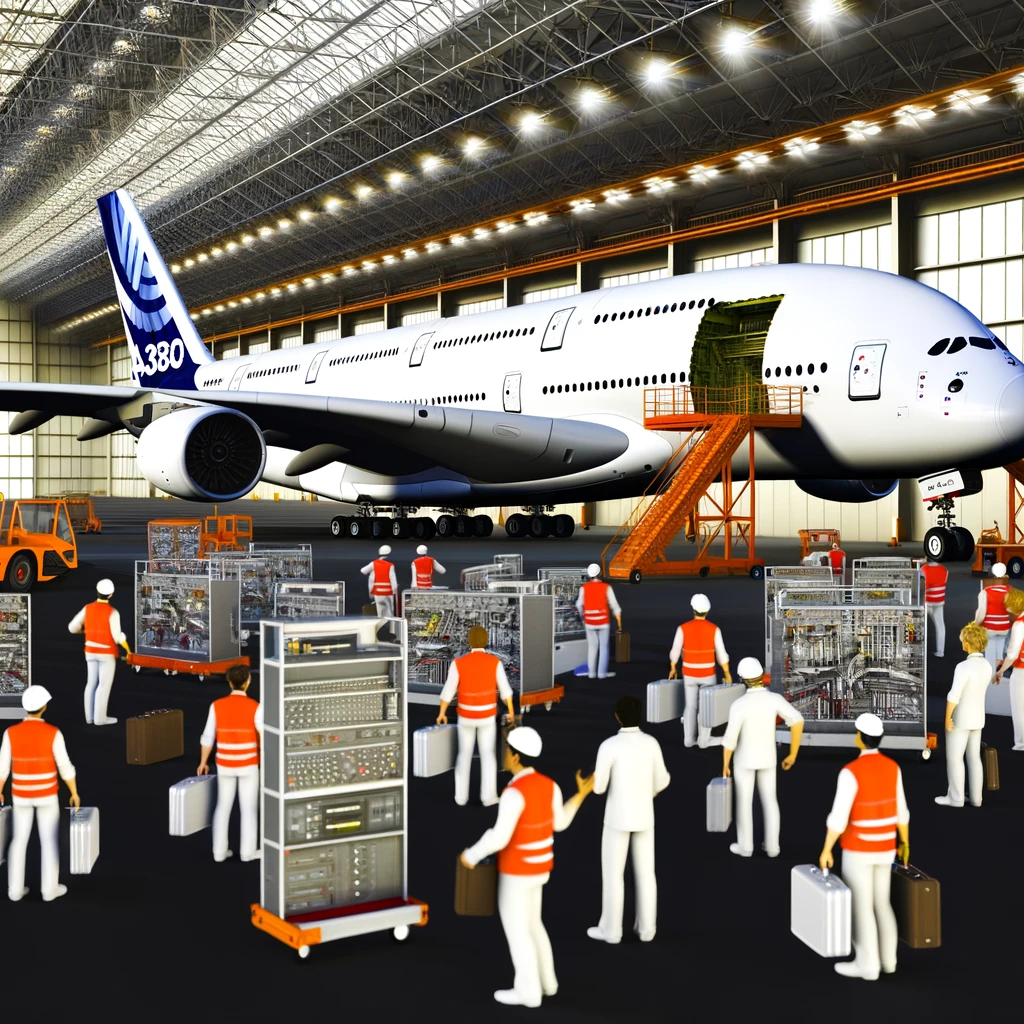
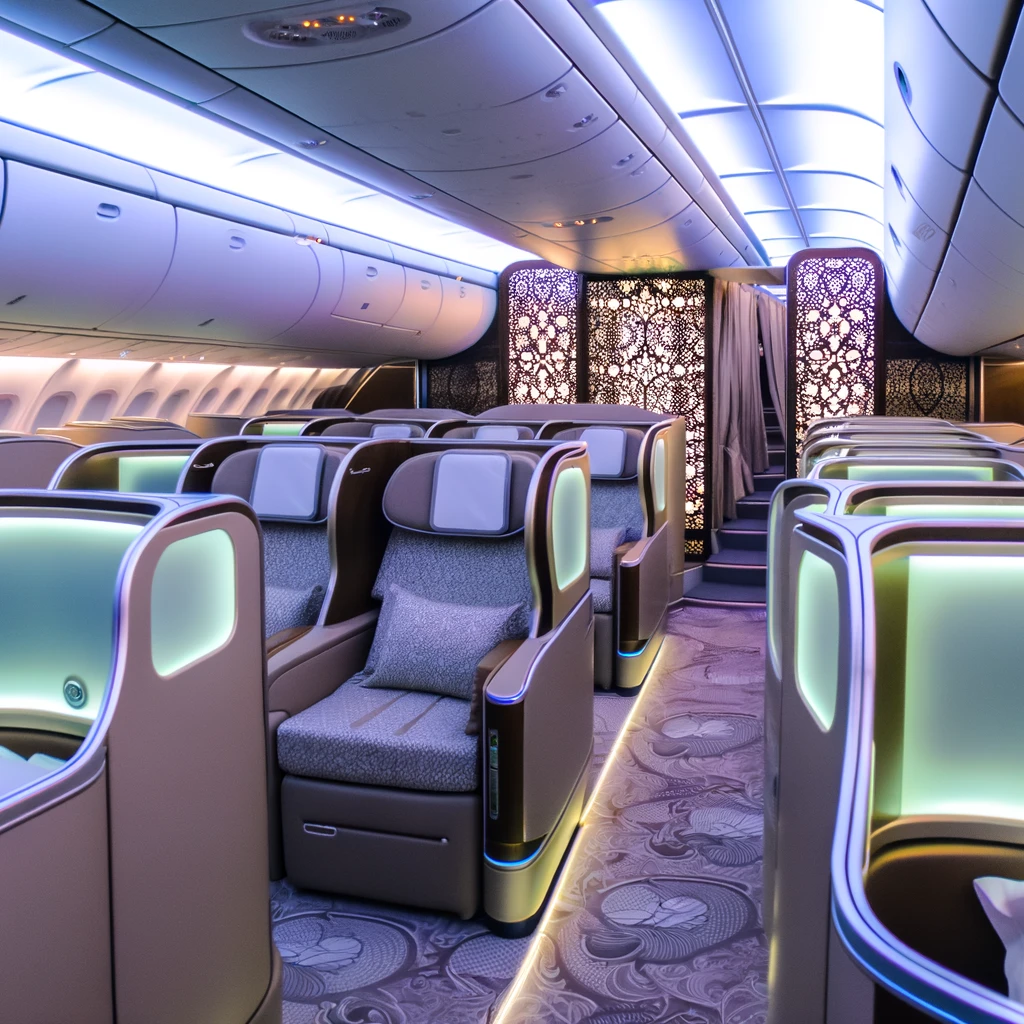
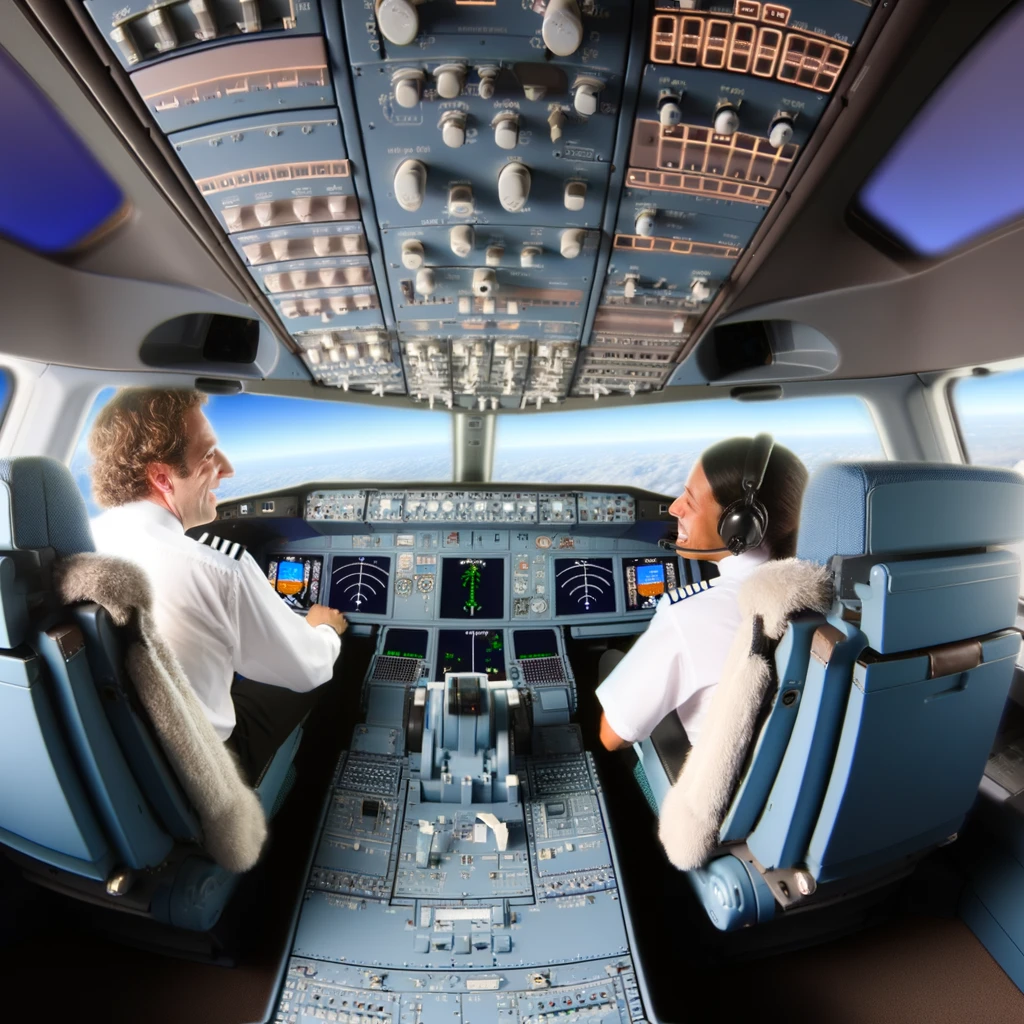





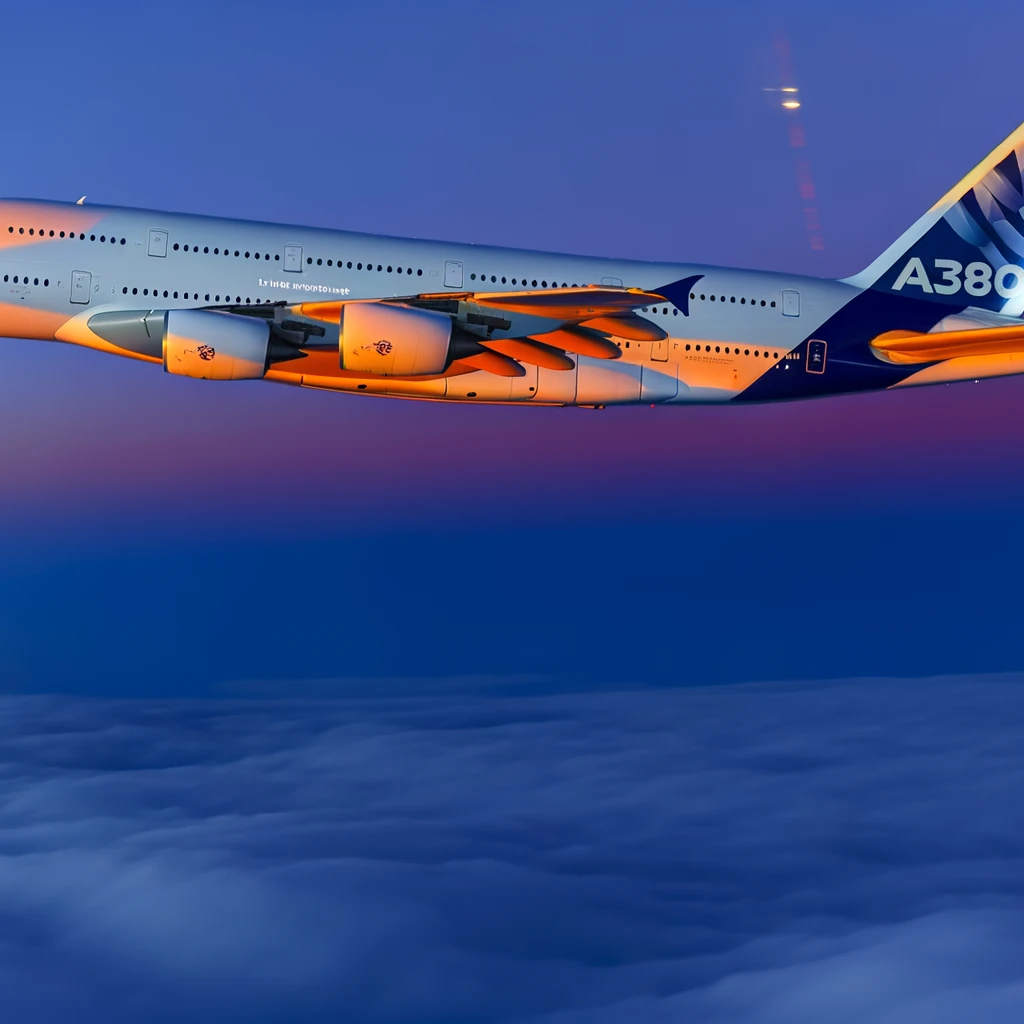
The Airbus A380, since its inception, has redefined the standards of international travel. As the world's largest passenger airliner, it has set new benchmarks in terms of capacity, comfort, and efficiency. This article delves into the significant ways the A380 has influenced the aviation industry and transformed the travel experience for millions worldwide.
The Airbus A380, with its double-deck, wide-body design, represents a pinnacle of aeronautical engineering. Designed to carry up to 850 passengers in an all-economy configuration, it typically accommodates around 555 passengers in a three-class layout. The aircraft's remarkable wingspan of 79.75 meters and length of 72.72 meters allow it to navigate the skies with unparalleled stability and efficiency.
One of the key innovations in the A380 is its use of advanced materials such as carbon-fiber-reinforced plastic and its fly-by-wire control systems, which enhance performance and reduce weight, contributing to better fuel efficiency.
Beyond its impressive size, the A380 has revolutionized passenger comfort. Its spacious cabins, quieter engines, and advanced air filtration systems offer a more pleasant travel experience. Airlines utilizing the A380 have crafted luxurious interiors, featuring amenities such as private suites, on-board lounges, and showers, especially in first and business class sections.
The aircraft's design allows for wider seats and aisles, providing passengers with more personal space and comfort. The A380's quieter cabins, achieved through innovative engine and structural designs, make long-haul flights more relaxing.
The introduction of the A380 has had a profound economic impact on airlines. It has enabled carriers to increase capacity on high-demand routes, optimizing slot-constrained airports' efficiency. This capability allows airlines to maximize profits while offering competitive prices to passengers.
However, the A380's operational costs and the need for specific infrastructure have posed challenges. Despite these hurdles, the aircraft's ability to enhance brand prestige and offer unique travel experiences has made it a valuable asset for many international airlines.
In an era of increasing environmental awareness, the A380's fuel efficiency compared to other large aircraft is noteworthy. Its advanced engines and aerodynamic design result in lower fuel consumption per passenger, thus reducing the carbon footprint. However, the aviation industry continues to seek further advancements to address environmental concerns, such as developing more sustainable fuels and technologies.
The Airbus A380's future remains a topic of discussion as airlines pivot towards smaller, more flexible aircraft in response to changing market demands. The COVID-19 pandemic accelerated this shift, leading some airlines to retire their A380 fleets earlier than planned. Nevertheless, for routes where demand warrants, the A380 remains an irreplaceable tool.
As the aviation industry evolves, the A380's legacy as a pioneer in long-haul travel comfort and capacity will endure. Its impact on international travel has set a high bar for future aircraft designs.
The Airbus A380 has undeniably changed the game for international travel, offering unprecedented comfort and capacity. While facing challenges in a dynamic industry, its contributions to aviation will be remembered as a milestone in engineering and passenger satisfaction.